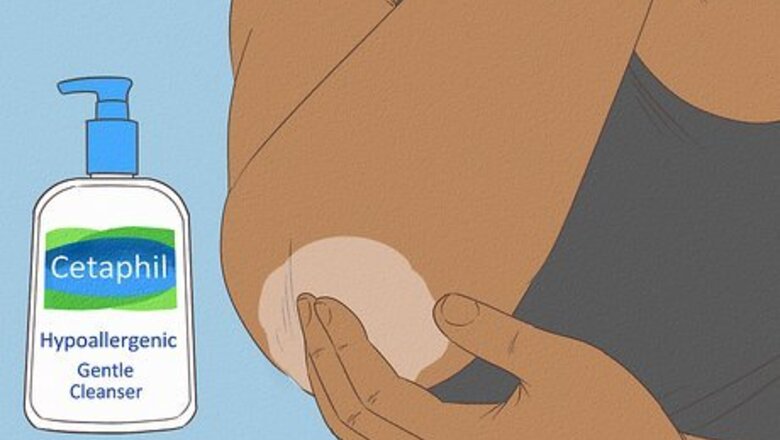
views
Treating your Dry Elbows
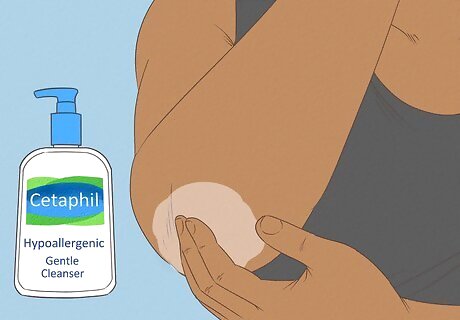
Use mild cleansers. If you're suffering from dry, cracked elbows or dry skin in general, it's important to avoid harsh soaps and cleansers, which can further dry out your skin. Choose a product which is formulated for dry skin.
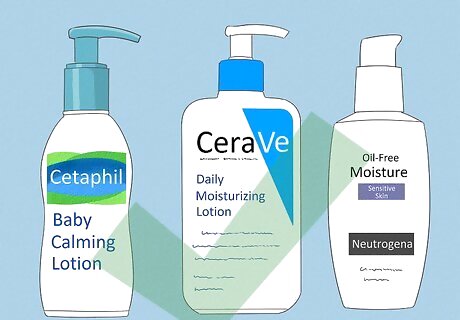
Avoid fragrances and dyes. Fragrances and dyes are often irritating to the skin and can cause further redness and dryness. Choose cleansers and moisturizes which are fragrance and dye free. If you're having trouble sorting through selection at the drugstore, try looking for products designed for babies. They are typically much milder and are often fragrance and dye-free.
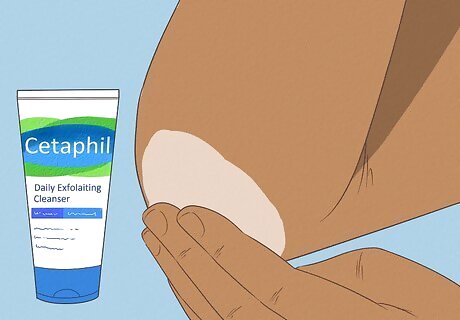
Be gentle with your skin. Don't over-exfoliate; scrubbing your skin too roughly will only further strip your skin of important moisturizing oils. It's recommended that you use your hands or a soft washcloth to exfoliate.
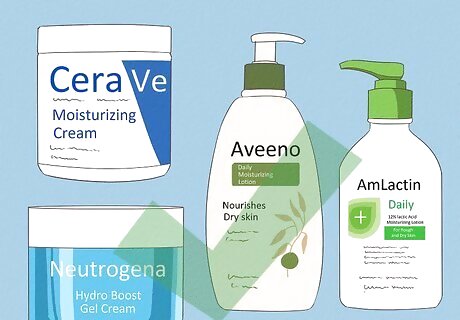
Choose your moisturizer carefully. An important step to curing your cracked and dry elbows is to properly moisture and smooth them out. Not all moisturizes are created equally, though. Cream-based moisturizers are particularly effective at hydrating skin. Products with ceramide and hyaluronic acid will help your skin retain moisture. Products with dimethicone and glycerin are useful for drawing water to the skin. Products with lanolin, mineral oil, and/or petroleum jelly are also recommended and are excellent at helping you retain water. Look for lotions with lactic acid; beyond moisturizing your elbows, the lactic acid gently exfoliates your flaky skin.
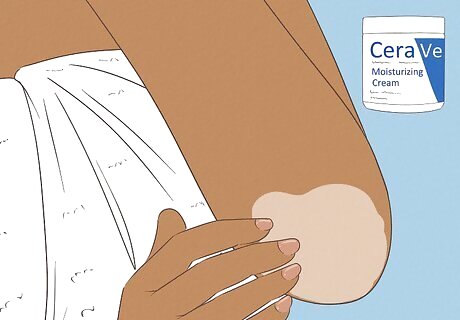
Apply your moisturizer (fragrance and dye-free) immediately upon getting out of the shower. Don't dry off completely; it's better to apply lotion while your skin is still damp.

Try natural food scrubs and lotions. Your dry, cracked elbows may find relief from a variety of home remedies starting in the kitchen. Use yogurt on your elbows. Yogurt is high in lactic acid, which will gently help exfoliate your flaky skin. Greek variety yogurt is particularly thick and concentrated. Leave on your elbows for up to 15 minutes. Try using organic honey on your ailing elbows, which has long been lauded as an excellent remedy for dry chapped skin. You can mix the honey with your yogurt spread (above), or apply straight to your elbows. Treat your elbows with lemon. The citric acid in lemon can work to lighten the dark and dry skin on your elbows, and will also help to gently exfoliate. Use natural food oils, like olive oil, avocado oil, or coconut oil as a moisturizer. Apply these straight to your elbows for a long-acting dose of moisture.
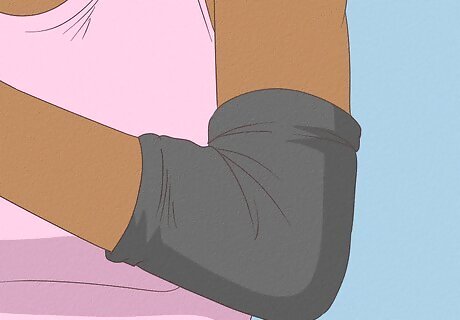
Cover your elbows after moisturizing. After you've applied your moisturizing lotion or oil, cover your elbows with soft tube socks (cut off the toes and the tight elastic). This will help protect your elbows as you sleep, keep the product from rubbing off, and lock in the moisture as you sleep.
Changing your Environment and Lifestyle
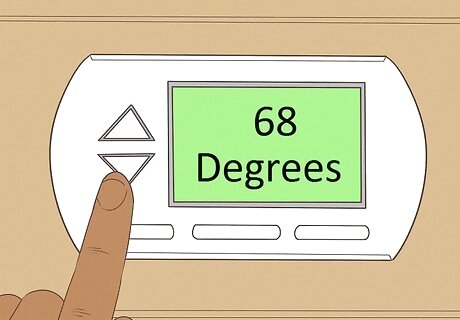
Keep the temperature low. Dry skin and cracked elbows can become a problem at any time of the year, but they are particularly common during the winter months as the air tends to be drier. Experts recommend you resist the urge to crank up the heat when the temperature outside falls. Keep the temperature slightly cooler, at 68 degrees.
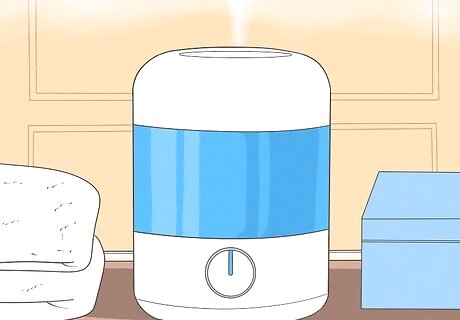
Use a humidifier. In an effort to counteract dry indoor air, you may want to use a humidifier in order to keep the air moist. Set it at 45-55% humidity.
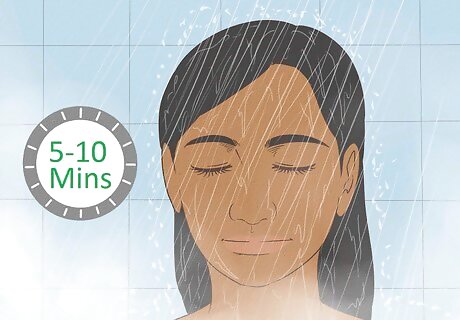
Limit hot showers. Fewer things are more relaxing than a long, hot, steamy shower, but hot temperatures, and indeed exposure to water, have a drying effect upon our skin. In order to maintain your skin's natural protecting oils, it's best to keep your water temperature on the cooler side. Try to keep your bathing time as short as possible, 5-10 minutes top.
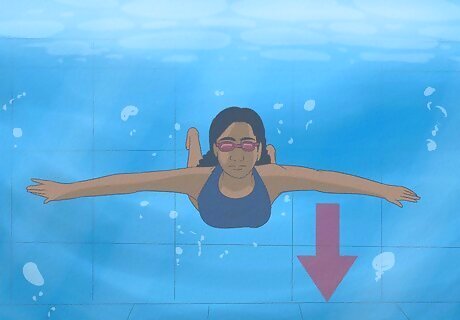
Limit time spent swimming. Swimming is an excellent source of exercise, but the exposure to harsh chemicals such as chlorine can contribute to your dry skin. You should either limit your time in the water or avoid it altogether until you are able to heal your dry skin.
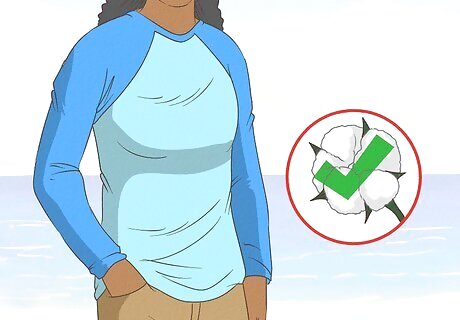
Cover up when exposed to the elements. If you're suffering from dry skin in general, you'll find it helpful to protect your skin from the wind and the sun. Our elbows take extra abuse, so particularly while you are working on curing them, you may want to wear long sleeves. Wear natural fibers, such as cotton, and avoid synthetic fabrics which may be irritating. Wool, while a natural fiber, can often be irritating to the skin, so you may want to avoid shirts and sweaters spun from wool, regardless of their wintry appeal.
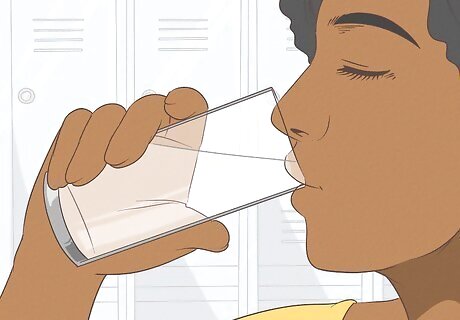
Stay hydrated. In order to treat your dry skin and elbows from the inside out, be sure to drink plenty of water.
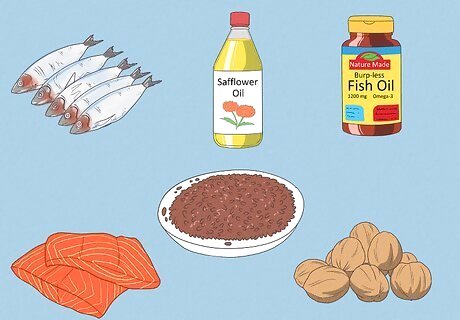
Change your diet. Foods that are rich in Omega-3 fatty acids have been shown to help protect our skin from harsh environmental factors and bolster our oil-protecting barriers. Fish such as salmon, halibut, and sardines are excellent sources of Omega-3. Walnuts, safflower oil and flaxseed are similarly good sources of Omega-3 and are relatively easy to add to your diet. Before making any changes to your diet or taking fish-oil supplements, you should of course consult with your physician.














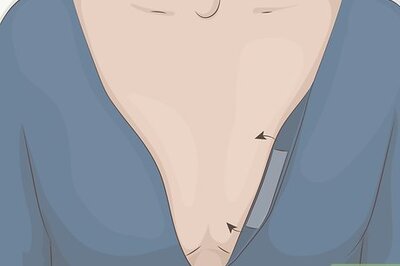




Comments
0 comment